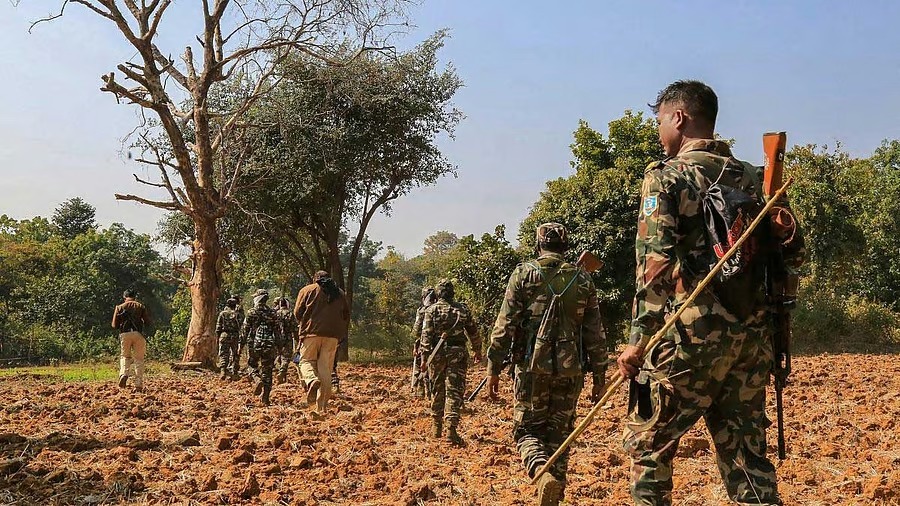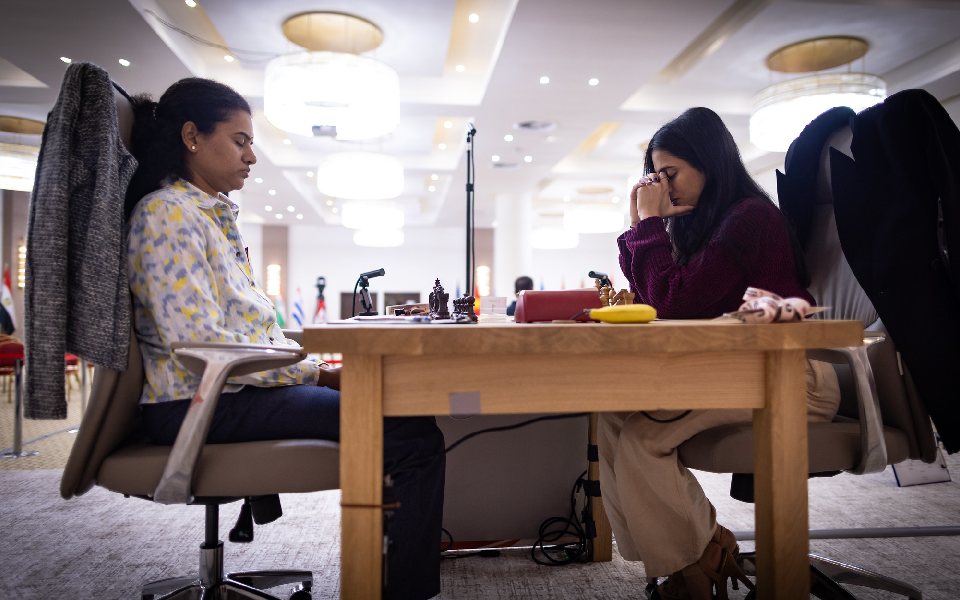New Delhi: In a strongly worded joint statement released on Saturday, more than 40 civil society organisations and individuals have called upon the Union and state governments to immediately halt the ongoing armed operations in Adivasi regions, especially in Chhattisgarh and Jharkhand, alleging that the real motive behind these anti-Maoist offensives is to facilitate corporate exploitation of natural resources.
The signatories include prominent organisations such as the People’s Union for Civil Liberties (PUCL), Jharkhand; the National Alliance for Climate and Ecological Justice; the Adivasi Adhikar Manch, Jharkhand; and the National Alliance of People’s Movements. Notable individuals who endorsed the statement include poet and activist Jacinta Kerketta and economist Jean Drèze, under the banner of the Jharkhand Janadhikar Mahasabha.
The statement alleged that under the pretext of eradicating Maoism, the government has intensified violence and repression in tribal-dominated areas such as Bastar in Chhattisgarh, often leading to civilian casualties. It noted that indigenous protests against displacement, forced mining, and militarisation are being suppressed through administrative and military means.
“The Adivasis have been fighting for decades against forced land acquisition, eviction from forests, and arbitrary mining. Despite this, violations of the Fifth Schedule, PESA Act, Forest Rights Act, and constitutional protections continue unabated,” the statement read.
The Fifth Schedule of the Constitution provides special protections for tribal autonomy in designated regions. The Panchayats (Extension to Scheduled Areas) Act (PESA), 1996, and the Forest Rights Act, 2006, are meant to guarantee self-governance and protect the traditional land rights of tribal communities. However, rights groups argue that these legal safeguards are routinely ignored.
The statement further claimed that the “true objective” of anti-Maoist operations is to enable corporate entry into mineral-rich tribal areas. “Big business houses have their eyes on these regions. When gram sabhas disagree, and resistance movements or Maoists stand in the way of this plunder, the state machinery is deployed to silence them,” the statement alleged.
It cited the recent killing of 31 people, including Maoists and allegedly unarmed tribals, in the Karregutta mountain range of Bastar as a tragic example. The statement claimed that in several instances, bodies of the deceased were not even returned to their families.
“This shows that in the name of eradicating Maoism, the government is destroying the Constitution, international law, humanity, and social-cultural traditions. It is a blot on our democracy and constitutional values,” it said.
The signatories have demanded a credible ceasefire, immediate end to armed violence, and the initiation of dialogue with local Adivasi communities and even with the CPI (Maoist), which has previously expressed willingness for peace talks.
Additionally, they have called for the release of leaders of the Moolvasi Bachao Manch—a tribal youth organisation in Bastar that was banned and whose leaders were allegedly arrested on false charges. The statement demanded the withdrawal of these charges and the removal of all security camps set up without the consent of gram sabhas, including those built inside schools.
The joint statement concluded with a strong appeal to enforce existing laws like the Fifth Schedule, PESA, and Forest Rights Act in letter and spirit, and to respect the democratic aspirations of the tribal communities.
Let the Truth be known. If you read VB and like VB, please be a VB Supporter and Help us deliver the Truth to one and all.
Batumi (Georgia), Jul 26 (PTI): Young Indian International Master Divya Deshmukh held her nerves to hold stalwart Koneru Humpy to a draw in game 1 of the FIDE Women's World Cup final, with both players having their share of opportunities to take the lead here on Saturday.
The draw with black means Humpy, the two-time World Rapid champion, holds a slight edge going in the second and final game under the classical chess rules in the two-game mini-match, and should the deadlock continue, games of shorter duration will be played to determine the winner.
Humpy employed the Queen's gambit accepted as black and it turned out to be a pretty fascinating game right out of the opening as Divya, 19, came up with a piece sacrifice early to deny the black king the right to castle.
Humpy was the first to err and, according to computers, Divya had things under control on the 14th move. However in her bid to recover the extra material, the Nagpur girl, who has secured a place in the Candidates tournament with her sterling performance here, missed a promising continuation.
What followed the exchange of all minor pieces and the ensuing queen and rook endgame gave enough counter play to both players. The game was eventually drawn after Humpy sacrificed her rook to force perpetual checks.
"The game saw an extremely sharp battle with the game ending in a draw in 41 moves. On move 7, Divya made her aggressive intentions clear by offering another pawn,
which looked like home preparation. Humpy made a practical decision of refraining from taking the pawn and a balanced position was reached by move 10 by white," said Grandmaster Pravin Thipsay, an Arjuna awardee and the first Indian to get a chess Grandmaster norm.
"However, instead of developing the undeveloped Knight, Humpy retreated the centralised Knight on move 10, giving huge positional advantage to Divya. Divya could have gained huge positional advantage on the 12th move by moving a rook. However, she chose to play for King side attack by sacrificing a piece instead.
"Humpy, too, erred at this stage and instead of moving the King to Queen side, moved it to the King side. Divya, on move 14, could have obtained a crushing attack by threatening a mate by developing her Queen. Instead she chose to exchange a pair of Bishops first, which enabled Humpy to defend her King by returning the piece," said Thipsay.
"Players thus reached a balanced Queen and two Rooks ending. Divya continued to play ambitiously and tried to attack Humpy’s King but the latter defended accurately and the game was drawn in 41 moves by perpetual check," he added.
In the play-off for the third place, Chinese players Zhongyi Tan, the former women's world champion and top seed Lei Tingjie also decided to split points out of a Queen’s gambit declined game.
The opening raised visions of a close contest between the two but having been knocked out of title race in the previous round, none of them wanted to take any huge risk. It was still a middle game when the players shook hands.
With the top two positions sealed for the Indians, the berth to the next Candidates is also assigned, while the player finishing third will also get an entry to the premier event scheduled for 2026.
Results: Divya Deshmukh (Ind) drew with Koneru Humpy (Ind); Zhongyi Tan (Chn) drew with Tingjie Lei (Chn).





